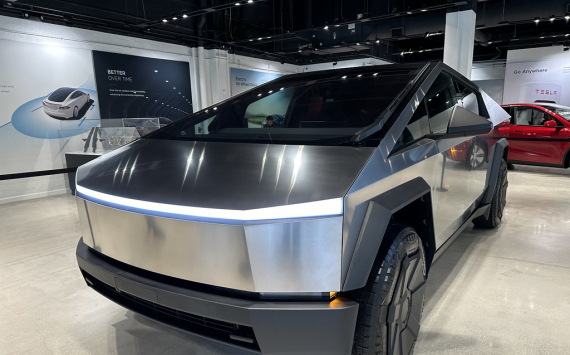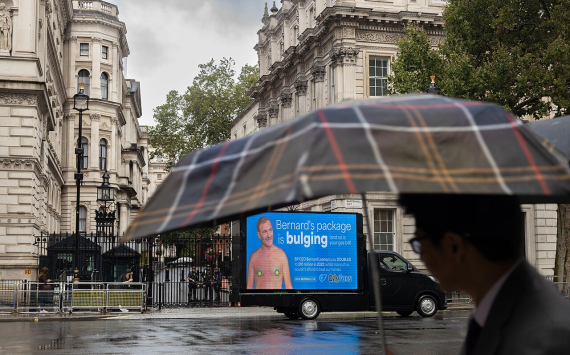
Revving Up the EV Tax Credit Turbulence
Starting Monday, recent amendments to U.S. Treasury regulations have brought about significant alterations to federal tax credits related to electric vehicles (EVs). Notably, alterations in the sourcing of EV batteries have led to the exclusion of certain popular models, such as the Nissan Leaf, Tesla Cybertruck All-Wheel Drive, select Tesla Model 3s, and the Chevrolet Blazer EV, from qualifying for the previously available $7,500 in tax credits.
New rules reduce the number of eligible models from 43 to 19, with potential further changes pending manufacturer submissions. Tesla's Cybertruck is expected to qualify later in 2024, as mentioned on its website.
Buyers can claim tax credits up to $7,500 at participating dealerships during the sale, subject to vehicle price and buyer income limits.
Other affected models include Volkswagen ID.4, Tesla Model 3 Rear Wheel Drive, BMW X5 xDrive50e, Audi Q5 PHEV 55, Cadillac Lyriq, and Ford E-Transit.
Volkswagen and Nissan are proactively verifying their qualification for federal electric vehicle (EV) tax credits. Simultaneously, ongoing industry-wide adaptations are being implemented to secure sustained eligibility for the latest clean vehicle credit.
Recent announcements from Ford and General Motors indicate shifts in tax credit eligibility for specific models, reflecting the dynamic nature of the EV landscape.
The 2022 Inflation Reduction Act further revises the EV tax credit, requiring North American assembly and disqualifying nearly 70% of models.
















































